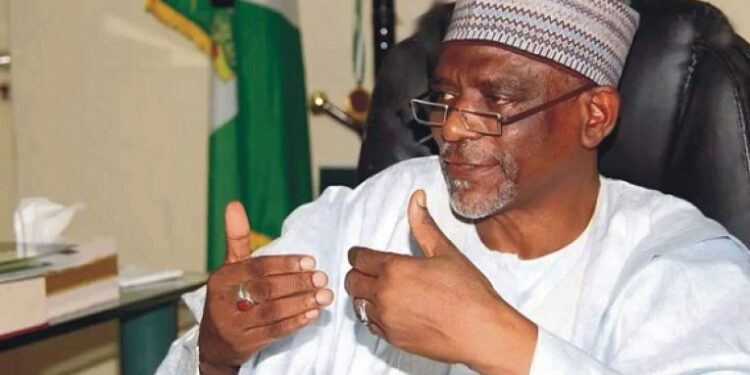By Ezechukwu Chidozie, with Agency Reports
The Academic Staff Union of Universities (ASUU) President, Mr Emmanuel Osodeke, has extended its ongoing strike by 12 weeks.
The News Agency of Nigeria (NAN) reports that extension will by another 12 weeks, will make it 20 weeks students will stay at home.
And since the strike commenced up until now, students in federal universities have been in one academic session for over two years, having been affected by the nationwide Covid-19 lockdown which kept them at home for over eight months.
Also, the first academic session in each of the affected universities have about three first year students.
With the exception of the 2019/2020 first year students who are currently on campus for nearly two years, marking time on one spot, prospective students who were offered admission into their first academic session for the 2022/2021 academic session are yet to resume studies, while those offered admission in the 2022/2023 academic session, some of who had received their admission letters, have also joined the league of stranded students in the country.
Prof. Osodeke told NAN in a telephone interview on Monday in Abuja, that it extended its roll-over strike for another 12 weeks to enable the Federal Government address issues in concrete terms.
He said that the extension was due to the federal government’s failure to implement the agreement entered with the union, a situation that is attracting opprobrium from a cross section of Nigerians and the international community.
NAN reports that the union had embarked on a nationwide warning strike from Feb. 14 to press home its members’ demands.
The first warning strike started on Feb. 14 for four weeks and the second strike commenced on March 15 for another four weeks, while the third one is announced on May 9 for another 12 weeks.
The lecturers’ demands include funding of the Revitalisation of Public Universities, Earned Academic Allowances, University Transparency Accountability Solution (UTAS) and promotion arrears.
Others are the renegotiation of 2009 ASUU-FG Agreement and the inconsistency in Integrated Personnel Payroll Information System.
NAN recalls that the union during its last National Executive Council (NEC) meeting noted that it was disappointed that government had not treated the matters with utmost urgency they deserved and as expected of a reasonable, responsive, and well-meaning administration.
“NEC viewed government’s response so far as a continuation of the unconscionable, mindless and nonchalant attitude of the Nigerian ruling elite toward the proven path of the national development which is education.
“NEC, having taken reports on the engagement of the trustees and principal officers with the government concluded that government had failed to satisfactorily address all the issues raised in the 2020 FGN/ASUU Memorandum of Action within the four-weeks-roll over strike period.
“NEC resolved that the strike be rolled over for another eight weeks to give government more time to address all the issues in concrete terms so that government will resume as soon as possible, ”it said.
Cross section of Nigerians feel that since majority of top government officials and lecturers have their children studying abroad, they are not perturbed that the matter has lingered this much, a dispute they consider would not have been allowed to fester had their own children been involved.
Yet, some other Nigerians blame the Nigerian youths for refusing to excercise their franchise and particularly university students who could have used their numerical strength and influence on their families to determine how electoral verdicts should go rather than remaining lethargic or offering themselves as political thugs to the same people who do not seem to hold their welfare and fate at heart.


















